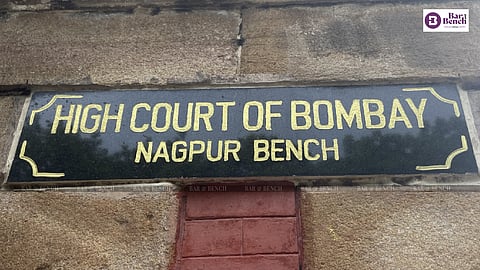
- News
- Columns
- Interviews
- Law Firms
- Apprentice Lawyer
- Legal Jobs
- हिंदी
- ಕನ್ನಡ

The Bombay High Court recently imposed costs of ₹1 on two petitioners for filing public interest litigation (PIL) petition for redressal of personal grievances [Babarao Sheshrao Pete & Anr. vs. Union of India and Ors.].